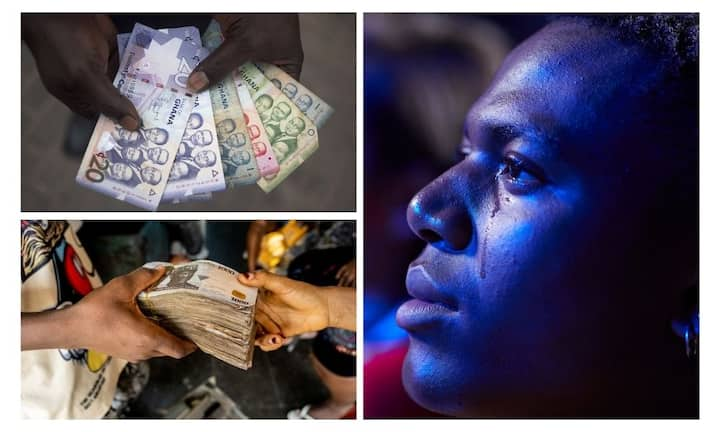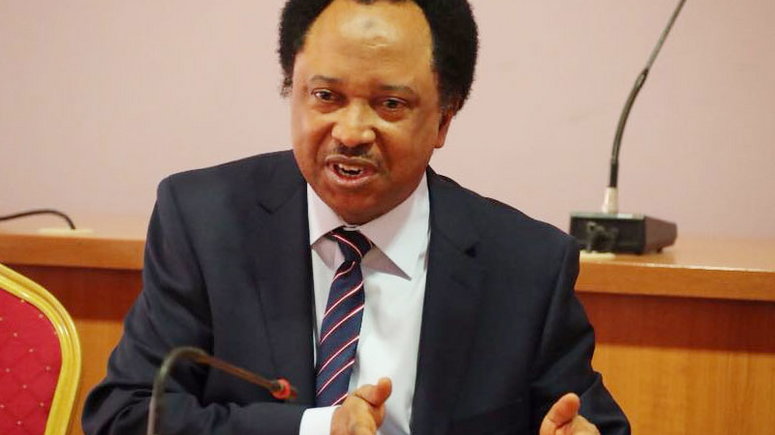Ghana’s Cedi Becomes Worst Currency in The World, Exchanges For 11, 250 Per Dollar
While Nigerians are crying over the shambolic performance of their local currency, the naira exchanging for N741 per dollar on Monday, October 17, 2022, their West African neighbour, Ghana’s cedi, emerged as the worst-performing currency in the world. Bloomberg reports that Ghana’s cedi plummeted to become the world’s worst-performing currency in 2022 as investors continue to pump foreign currencies into the country as it inches closer to a deal with the International Monetary Fund (IMF).
The cedi fell to as much as 3.3 per cent on Monday, October 17, 2023, to exchange for 11.2750 cedis per dollar as of Monday afternoon in the capital, Accra.
This year, the cedi has lost more than 45 per cent of its value, the highest among 148 currencies that Bloomberg tracked.
The fall of the cedi revved last month as Ghana started formal talks with the IMF to extend its loan. The West African country hopes to receive about $3 billion in loans over three years under an arrangement to boost its finances and support the balance of payments. The cocoa-producing country sought aid from the IMF after losing access to the Eurobond market this year and as policies and a selloff in its international bonds.
Investors’ demand for US Treasuries to hold Ghana’s debt has increased to 2,669 basis points. Country run to the IMF for help as external reserves fall The country sought help from the IMF after losing access to the Eurobond market this year. Homegrown policies, including cutting 2022 discretionary expenditure by up to 30%, failed to stem a selloff in its international bonds. The premium investors demand over US Treasuries to hold Ghana debt has widened to 2,669 basis points.
Foreign and other investors’ holdings in outstanding domestic government and corporate bonds dropped to 12.3 per cent at the end of August, the lowest ever, from a high of 17.3 per cent in April, data from Central Security Depository Ghana Ltd said. The country’s domestic bonds are selling at an average yield of 41.9 per cent, the highest in developing markets. Ghana’s gross external reserves plummeted to $6.6 billion as of September, which could cover only 2.9 months of imports, a decline from $10.7 billion a year before.
The cedi has overtaken the Sri Lankan rupee, which fell almost 45 per cent this year as the country also looks to obtain an IMF loan following a debt default.








